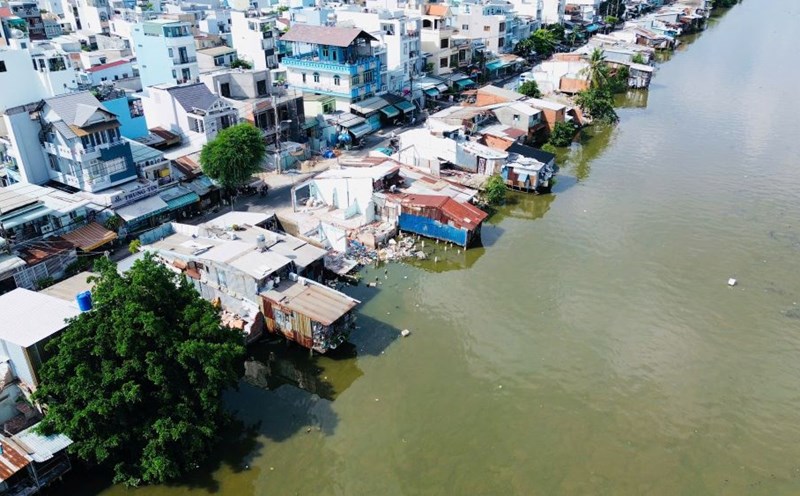Domestic coffee prices
On the morning of August 13, the domestic coffee market continued to increase in price. In the Central Highlands, the common purchase price is from 107,300 - 108,200 VND/kg.
Specifically, Lam Dong recorded 107,300 VND/kg, up 800 VND; Gia Lai 107,800 VND/kg (up 800 VND); Dak Lak 108,000 VND/kg increased by 700 VND.
The growing area in the old Dak Nong province (now merged into Lam Dong) reached 108,200 VND/kg, an increase of 700 VND.
Compared to the beginning of 2025 when the price ranged from 119,000 - 119,800 VND/kg, the current price is about 11,000 - 11,600 VND/kg lower.
However, compared to the same period last year (about 103,800 VND/kg), coffee prices are still 3,500 - 4,400 VND/kg higher.
World coffee prices
In the world market, the London Stock Exchange recorded Robusta futures for September 2025 at 3,727 USD/ton, down slightly by 1 USD; November 2025 futures decreased by 36 USD to 3,628 USD/ton; Longer terms also decreased from 49 - 57 USD/ton.
Meanwhile, the New York exchange witnessed a sharp decline in Arabica: the September 2025 term decreased by 5.55 cents to 315.15 US cents/lb; the December 2025 term decreased by 5.75 cents to 308.30 US cents/lb; other terms also lost from 5.35 - 5.80 cents.
World coffee prices fell again after 3 price increases.
New York coffee prices fell on Tuesday due to prolonged liquidation pressure after extending Monday's rally to a 1.75-month high.
Coffee prices increased from last Wednesday as the Brazilian Ministry of Commerce reported that Brazil's unroasted coffee exports in July fell -20.4% compared to the same period last year, down to 161,000 tons.
The decline in ICE coffee inventories is supporting Arabica prices, as Arabica inventories tracked by ICE fell to a 14.75-month low of 737,526 on Tuesday. Similarly, the inventory of ICE Robusta coffee fell to a two-week low of 6,976 lots on Monday after reaching a one-year high of 7,029 lots on July 28.
The coffee market is waiting for more clarity on US tariff policies, as President Trump has not yet exempted coffee from the 50% tax on Brazilian exports. This tax rate could affect Brazil's coffee sales to the United States and increase Brazil's coffee inventories.
Higher-than-average rainfall in Brazil eases concerns about drought and is a disadvantage for coffee prices. The Somar Meteorological Agency reported on Monday that Brazil's largest Arabica coffee growing region, Minas Gerais, received 4.8 mm of rain in the week ended on August 9, equivalent to 109% of the historical average.











